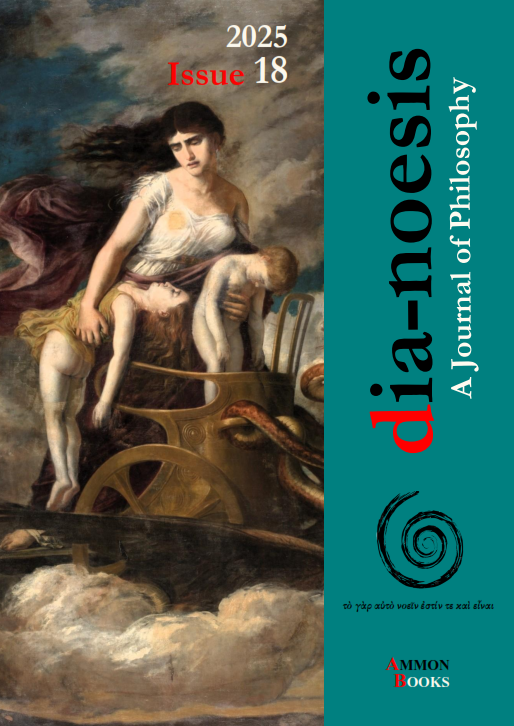Towards an Egalitarian Synchronicity of Displacement: Re-imagining Shared Temporality as Unifying Grounds for Social Solidarity

Abstract
The present article initially examines, in a comparative way, the theoretical contributions of Ayşe Çağlar, Janine Dahinden, and Georgina Ramsay, who equally problematize the dominant Western epistemology of the refugee crisis and, in particular, its heterochronic categorization of refugee and non-refugee subjects. As we demonstrate, the inscription of refugees within temporalities distinct from those of Western citizens reinforces entrenched logics of othering and exceptionalization, thereby obstructing possibilities of interactive coexistence and socio-cultural interchange. Within this framework, we attempt to reconceptualize displacement as a unifying analytical topology that highlights the shared rhythms of dispossession, precaritization, and alienation that shape both refugee and non-refugee lives. Building on these insights, the second part of the article explores the conceptual and epistemological affinities between displacement and precarity. We argue that, when critically reworked through feminist theory and brought into dialogue with one another, these concepts provide fertile anti-essentialist frameworks for re-situating heterogeneous subjects within a shared spatio-temporal and socio-political condition. Such a perspective enables the theorization of emergent non-identitarian forms of relationality, sociality, struggle, and solidarity observed among refugee, migrant, and precaritized citizen populations in recent years, while also destabilizing the entrenched ethnocentric binary that opposes the autonomous Western citizen to the vulnerable, Orientalized refugee subject.
Article Details
- How to Cite
-
Polychroniou, A. (2025). Towards an Egalitarian Synchronicity of Displacement: : Re-imagining Shared Temporality as Unifying Grounds for Social Solidarity. Dia-Noesis: A Journal of Philosophy, 18(2), 313–342. https://doi.org/10.12681/dia.43466
- Section
- Articles


